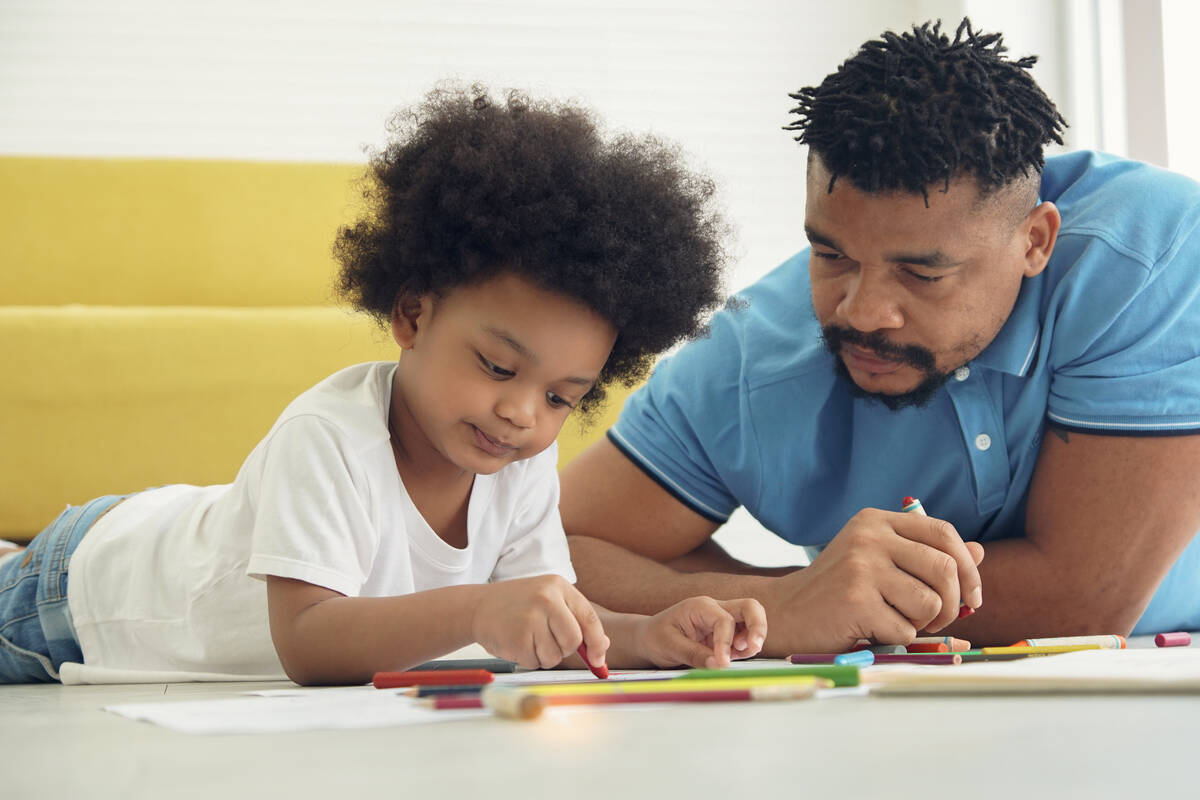Ask the Pediatrician: How do I help my child heal after a stressful experience?
Going through something stressful — losing a loved one, being bullied or even the wear and tear of constant small stressors — can affect a child for years in sometimes unexpected ways.
The good news is that your child can heal and grow through these stressful experiences without long-term effects on health. And in the process of helping them do this, you can build an even closer relationship with them.
After an extremely stressful experience, children may feel that they are “broken.” They may feel that something is wrong with them, or that they are just “bad.”’ It can be helpful to remind your child they did nothing to deserve what happened to them, that they are having normal reactions to an abnormal experience and that the experience may have hurt them, but healing is possible.
Safe, supportive, nurturing relationships can make all the difference for a child who is struggling through something stressful. Try these relationship-building activities with your child:
— When possible, reassure your child that they are safe. You can do this with words, but also with hugs, high-fives and with practical supports like a tent in their room or a “cozy corner.”
— Take 15 minutes without cellphones to follow their lead in an activity of their choice.
— Share activities such as walking, cooking, dancing and playing silly games.
— Tell your child what you love about them.
— Listen intently to what they are saying.
— Build routines such as reading a bedtime story or having dinner together every night.
— Connect with friends, relatives, neighbors and community-based services.
— Engage with a therapist or other supports: art therapy, individual play therapy, parent-child interaction therapy and child-parent psychotherapy.
Worries may keep us awake, cause nightmares or restless sleep, and younger kids may start wetting the bed again. When children are stressed, they may need more flexible bedtime routines and more help falling asleep. Try using some comforting items, such as a night light; relaxing smells; favorite toys; or a weighted blanket (only if child is over 12 months of age). Routines you might incorporate into bedtime might include listening to music, practicing mindfulness, reading or journaling.
For children experiencing separation anxiety at night, which is common after stressful or traumatic events, consider providing reassurance that you are still present. Concrete reminders can be love notes stuck around the bedside or pieces of clothing that smell like you. For some children, consider staying in their room while they fall asleep or even letting them sleep with you for a short period of time as they process the stressful experience.
During the day, especially early on, get direct exposure to natural sunlight. This helps regulate sleep, mood and immune function, among other systems. At night, reduce exposure to screens and artificial lights by dimming them. You can even consider blue light-blocking glasses to limit exposure to the blue wavelengths of light that especially wake the brain up.
Stress can increase inflammation in the body. Stress can also lead us to overeat, undereat or crave foods high in fat, salt and/or sugar. Knowing this can help us be kind to ourselves and our kids when they reach for the brownie and the potato chips — and how we might help.
Make it easier to eat healthy foods like nuts, avocados, fruits and fatty fish. Increase the availability of vegetables at snacks and meals. Skip the juice and soda and drink water instead. Reduce foods that increase inflammation such as processed food and white (simple) carbohydrates.
Exercise can also be a powerful way of releasing extra stress energy and counteracting the stress response. Include time outdoors, which can be calming and build resilience. Mindfulness practices can help calm the stress response, improve self-regulation skills and increase self-compassion and empathy.
Other soothing, rhythmic sensory activities can help reset the way stress is stored in our nervous system and body. Consider massage, music or movement, swimming, or you might ask about the need for occupational or physical therapy.
Your child will be better able to deal with stress as they learn to manage their feelings and behavior. Build in extra structure and routines. This may include developing transition plans for going from one activity to the next, for example. Talk about and model how to name and manage strong emotions, and when to seek help or take time away from a situation.
It’s common to wonder, “Why did this happen?” “Why me?” or “Why did I survive and my friend or relative didn’t?” Even young children can benefit from experiences such as a spiritual practice or connecting to a religious community, helping others through service or volunteer work, finding a calling or purpose, including helping fix systemic injustices, or becoming a peer supporter.
Trauma and stress can impact how we think and relate to others. Some children may need extra support through their school’s 504 plans or individualized education programs, speech or language therapy, tutoring, or mental health therapy.
We know that a stressful time for your child is a stressful time for you, too. Your pediatrician can provide more resources.


















